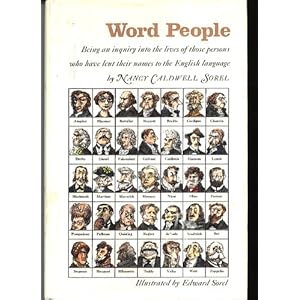As I grew more proficient at writing and heeded advice not to be overly wordy, especially with modifiers, I began to notice a few words that could be deleted, changing the sentence's meaning little or none at all. Pardon these exaggerated examples:
Empty Words
- I certainly somewhat quite like M&Ms, mostly just the red ones.
- Translation: I like red M&Ms.
- She was very upset that her car somehow couldn't get any traction.
- Translation: She was upset her car couldn't get traction.
- Somehow they ambled about, very much as if cows, dumb as ever, could ever think.
- Translation: The cows ambled dumbly, not as if they could think.
I began to think of these as 'empty words', hollow modifiers with little meaning. Granted, 'very' and 'really' act as intensives, but how useful are they? That question "How useful" is a key that can be applied to any modifier, but for 'empty words', the answer is often: "not at all."
If you say, "He buttered a certain slice of toast," does its particularity matter to the reader? If the answer's no, then the word does nothing but consume space and time– it only slows the story.
As I worked, I compiled a list of empty words and added to it adverbs of marginal utility.
| about any certain certainly ever just |
many mostly much quite rather really |
so some somehow somewhat that very |
The word 'that' is a special case. The word can be used as an adverb, a pronoun, a determiner, and a conjunction. We're primarily interested in the conjunction, but the adverb is worth a glance:
Adverb form: Jackson wasn't that drunk.
Conjunction: She said that she was sick.
Inspect the adverbial form of 'that' with an eye toward modifying. Use the conjunction only for clarity to set off confusing clauses, but otherwise avoid it. Deleting 'that' in the second sentence doesn't change the meaning at all.
Fat Words
Not long ago, I came across a list of 'fat words', sort of weasel words used as 'grey noise' in conversations, e.g: "Generally, I don't believe in politics and often I almost nearly always refuse to discuss it."
Many words in these lists can be used legitimately, but they often find themselves employed in writing or dialogue where they add dead weight to stories and drag them to a crawl. I added the word 'hopefully' to the existing list as another common 'filler'.
Be wary of other kinds of padding such as big in size or red in color. Santa is simply big and red.
| almost especially frequently |
generally mostly nearly |
often usually hopefully |
It's difficult to write this article without using the words I complain about! What are your most annoying empty words and fat phrases?
The ƒ Word
One obvious word doesn't appear on these lists. More often than not, swear words are part of conversational 'grey noise'. But they're sometimes used as intensives, and the way they're used can reveal character– or lack of character.
I've long wanted to use a conversation from long ago, but I haven't come across the right story for it. I won't confess which line I spoke in the conversation that went like this:
"I ƒ-ing missed you."
"And vice versa!"
"And vice versa!"




